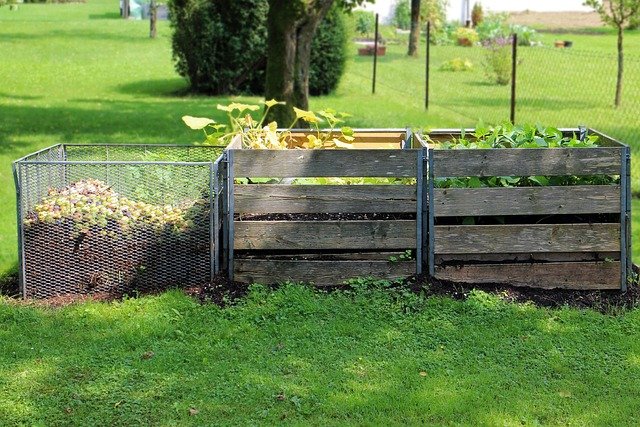Practical Home & Garden Tips for Buying Bulk Garden Supplies
Intro paragraph: Buying supplies in larger quantities can be a smart move for homeowners and gardeners who want consistent results, lower waste, and better value. This guide covers practical considerations for selecting, storing, and using bulk garden supplies for lawns, flower beds, vegetable plots, and container gardens. Whether you’re planning seasonal refreshes or long-term upkeep, these tips help you make informed choices that suit your space and routine.

Why choose bulk garden supplies?
Purchasing bulk garden supplies often reduces packaging waste and unit cost, and ensures you have what you need when projects or seasons demand it. For example, buying a larger bag of potting mix or fertilizer can save trips to the store and provide consistent materials across planting beds. Bulk buying also makes sense for items with long shelf lives—such as mulch, compost, and seeds—when stored properly. Evaluate how frequently you garden and how much storage you have before committing to larger quantities.
What to buy in bulk for home gardens?
Not every garden product benefits equally from bulk buying. Prioritize items that you use regularly and that maintain quality over time: compost, topsoil, mulch, landscape fabric, seeds, bulk fertilizer (in granular form), and certain pest control products designed for longer storage. Avoid buying bulk liquid amendments or mixes that may degrade quickly. For seeds, choose varieties with proven storage viability and consider rotating stock to maintain germination rates. Buying core supplies in bulk can streamline planting seasons and reduce repeated small purchases.
How to store and use bulk garden supplies?
Proper storage preserves the quality of bulk garden supplies and protects your investment. Keep bags and containers in a dry, ventilated area away from direct sunlight and pests. Use sealed bins for seeds and small amendments and elevated shelving for bags of soil or mulch to prevent moisture absorption. For products with specific handling instructions—like concentrated fertilizers or certain pest controls—follow label guidance for safety and effectiveness. When using bulk materials, portion them into smaller, labeled containers for easier daily use, which also helps prevent contamination and spoilage.
Finding local suppliers of bulk garden supplies
Look for garden centers, landscape supply yards, farm co-ops, and community garden programs in your area that offer bulk options. Local landscape suppliers often provide delivery or pick-up by the cubic yard or pallet, while independent nurseries may sell bulk bags of soil, compost, or mulch. Community groups and municipal compost programs can be a source of quality compost at affordable rates. When choosing a supplier, ask about product sourcing, composition (for soils and compost), and any available testing or certification to ensure materials match your soil and plant needs.
Sustainable practices when buying in bulk
Buying in bulk can align with sustainable gardening when you choose responsibly sourced materials and minimize waste. Opt for compost and mulch made from locally collected organic material, which reduces transportation emissions and supports closed-loop soil health. Avoid materials with excessive synthetic additives unless your soil specifically requires them. Reuse or recycle packaging where possible and consider cooperative buying with neighbors or garden groups to share large quantities, reducing per-person storage needs while enabling access to higher-quality products.
Bulk garden supplies can save time, reduce waste, and bring consistency to your home and garden projects when chosen and stored wisely. Focus on items you use regularly and that remain stable over time, confirm product quality with local suppliers, and adopt simple storage routines to protect your investment. Thoughtful bulk buying paired with sustainable practices helps maintain healthy soil and beautiful outdoor spaces with less hassle and more predictability.






